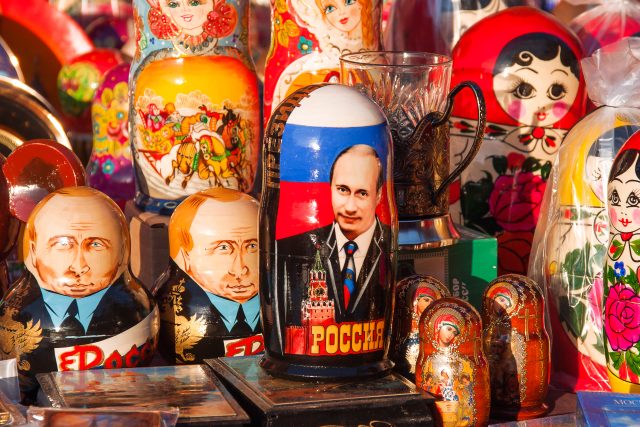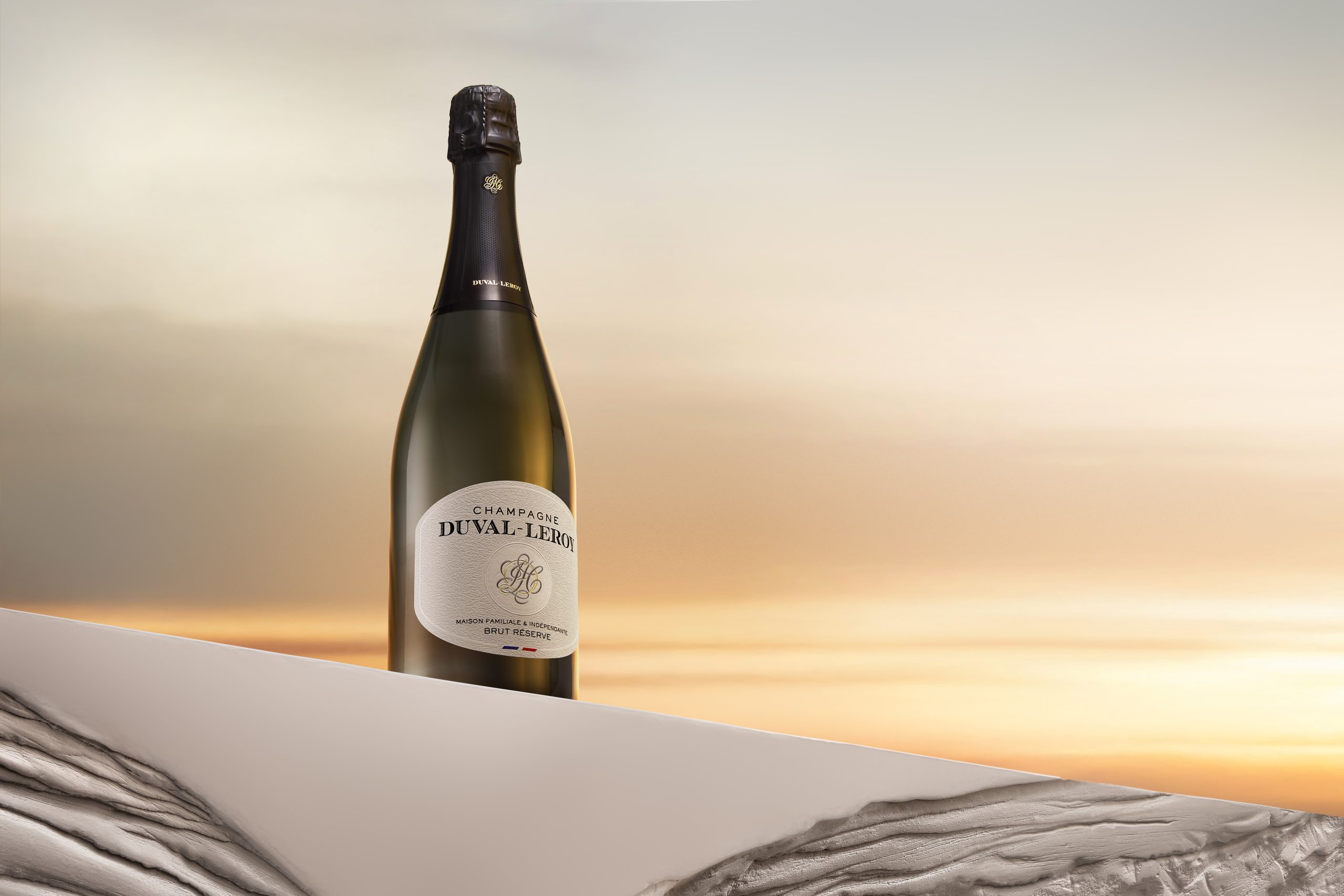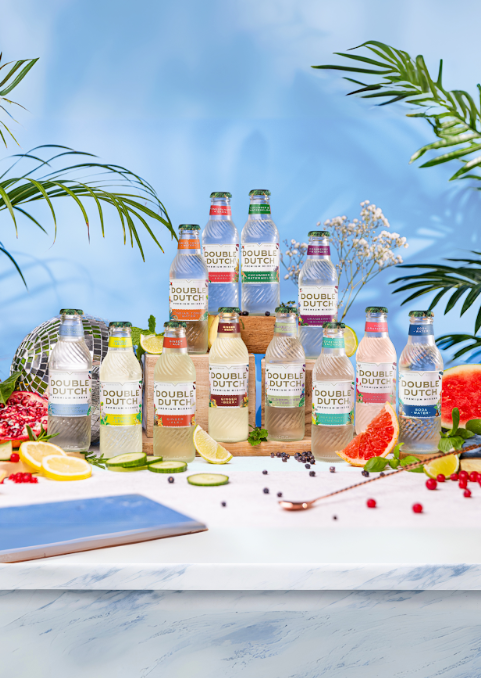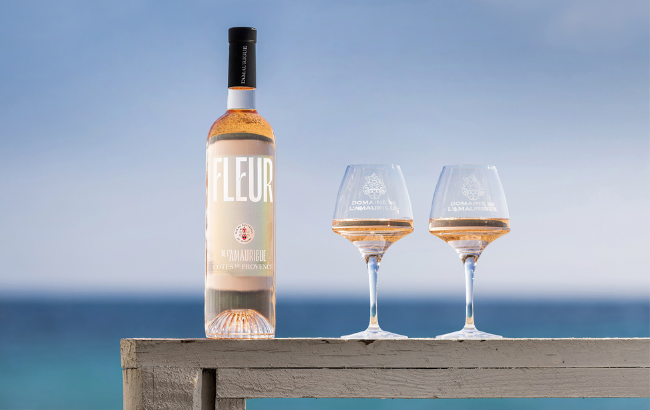Russian drinks giants plan Scotch imports to sidestep boycotts
Russian drinks companies are about to exploit a loophole that will allow them to import Scotch whisky, despite boycotts.

Beluga Group is set to import bottles of Johnnie Walker whisky to Russia this year, despite not having the brand owner Diageo’s consent.
The Moscow-based vodka giant has, according to reports, disclosed plans to break the Scotch whisky boycott of Russia by gaining the blessing of the Kremlin to import more than 300,000 bottles of Johnnie Walker without needing the permission of Diageo.
Last spring, Vladimir Putin’s government controversially stated how it would allow “parallel imports” of premium alcohol brands. Putin’s new legalisation, otherwise known as the ‘grey market’, was in response to sanctions over his invasion of Ukraine and would essentially give retailers a way to import goods without the trademark owner’s permission via countries that were sympathetic to Russia, such as Turkey, China and Kazakhstan.
On 2 November it emerged that more companies had been added to the list. In total, it is believed that 35 drinks brands were added, including Jack Daniel’s, Bell’s, Johnnie Walker, and Malibu.
According to Russian business daily, Kommersant, Beluga Group was the first to register for shipments along with drinks giant Luding Group which also intends on bypassing boycotts for both Diageo’s Johnnie Walker and Edrington’s The Macallan.
Nearly a year ago, Diageo announced it was pulling out of Russia after Putin chose to step-up his war on Ukraine along with other drinks companies opposed to the attack.
Additionally, Diageo also ended its relationship with other businesses in Moscow and St Petersburg that had been bottling Bell’s and White Horse whisky for the domestic market in Russia.
Partner Content
A Diageo spokesperson revealed in a recent announcement: “In March 2022, we stopped all imports of our products to Russia and stopped third-party, local production of beer and bottling of spirits. In June, we took the decision to responsibly wind down the business and have now almost competed this process. Diageo is not either directly or indirectly importing or selling any products in Russia.”
Despite this, there is very little that global drinks companies can do to stop their produce entering Russia though parallel imports, according to market observers. To do this, Russian distributors will allegedly need to buy premium drinks brands in bulk from wholesalers based in neighbouring or supportive countries.
Despite the boycotts, reports identified how throughout 2022, Russian whisky consumption still held steady at around 67m litres due to distributors still having stocks of imports along with Russian distillers and bottlers increasing their output.
Vadim Drobiz who runs Moscow’s Centre for Federal and Regional Alcohol Markets has said he believes domestic output now accounts for 45% of Russian whisky consumption and laughed off claims that Russians would have to do without real Scotch whisky or well-known premium drinks brands.
Drobiz said: “It is only the middle class that drinks imported whisky, rum, gin and Tequila and the like. They have a certain mentality. But we have parallel imports and duty free and – in reality – the middle classes will not have to do without their imported products. This is despite the fact that the media since the spring has been saying that – any time now – premium brands will disappear.”
In 2021, Russia imported £28m worth of Scotch to mark its last full year before Putin’s war on Ukraine, but the figure does not include imports made via Latvia, which is still rumoured to re-export a vast amount of western spirits to Russia, circumnavigating the boycotts now in place.
Russia was formerly one of the most buoyant markets for many drinks producers, however that changed as companies ceased trading in the market, a move which has also heavily impacted share prices.
Diageo has been contacted about its view on Russian drinks company’s planning to import Johnnie Walker via parallel imports, but was unavailable for comment.
Related news
Whisky sales outpace beer at South Korea’s biggest supermarket chain




